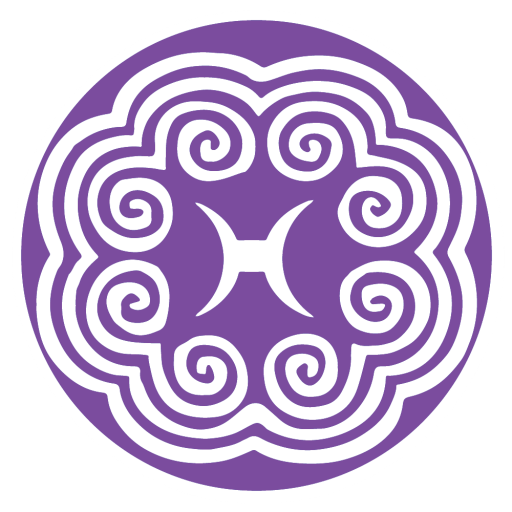Dua Vang is a second generation Hmong American whose parents immigrated from Thailand in the late 1980’s. Although born and raised in Minnesota, Vang loves to embrace her Hmong culture. She is currently attending St. Olaf College with a major in Biology and is also a current board member of St Olaf’s Hmong Women Dialogue, which is a support group for the Hmong men and women on campus.
“In high school, when I was going through that college application journey …one of my main turning points for me was to looking over at financial aids… and definitely I have to make a lot of choices… I’ve had to move things around and have to really make sure that I will still be on track but still be able to fully pay for my last semester here at St. Olaf. So definitely financially-wise I’ve had to make a lot of sacrifices.”
“Gender definitely plays a role in whether Hmong people achieve higher education, especially for me as a woman, in the Hmong community, I’ve had certain encounters where I’m told this is not your place.. your role as a Hmong women is to be at home, to help around in the household, be like your mother, at home, do chores, and stuff like that…”
“For me, to be defined as Hmong… culture is what defines me as Hmong, me being able to still see my culture as a part of me, and feel respected, and still want to follow the traditions and being able to celebrate it… but there are some aspects that I disagree with as well…”
“In high school it was definitely kind of hard to even think about achieving higher education…because you are of color and come from a community that is low-income, your chances of getting higher education is fairly low. You get those encounters a lot, and it’s just not encounters but judgments..”
“I have always had this expectation from my parents to be a doctor or to be some sort of nursing position… It obviously affected what I did…to be on the premed track… But I feel that they are not too pushy about that… My parents are the ones that I am doing this for, because they grew up not having the opportunity and not being able to achieve higher education..”
“I have definitely prioritized my culture more than I have even done before… and being able to spend more time away from my academics, to further understand what’s actually happening in the Hmong community that I have absolutely no idea about…”
